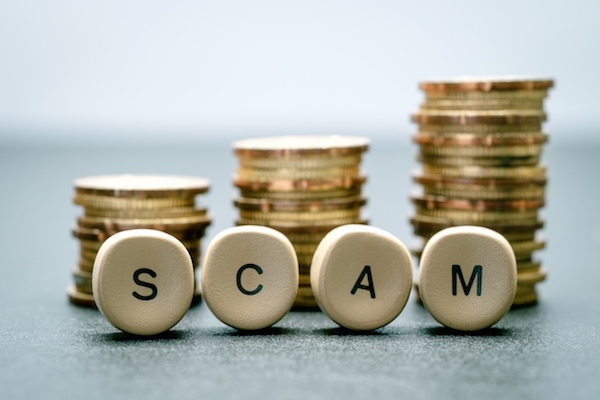Pensions transfer data showed a high proportion of 'red flags' in October with over 60% of transfers showing signs of possible scams.
Data from consultancy XPS showed that the Coronavirus pandemic seems to be causing an increase in the proportion of red flags being identified at the point of pension transfer.
According to the data, 38% of transfers showed signs of possible scams at the start of the first lockdown in April.
October data from XPS Pension Group's Transfer Watch also saw transfer values moving marginally over the month and activity increasing slightly.
Average transfer values in October were £257,000 in comparison to £256,000 in September. This compared to £246,000 in January.
The Transfer Activity Index increased from 0.52% in September to 0.62% in October. This compared to 1.03% in January.
XPS Pension Group’s Transfer Watch monitors how market developments have affected transfer values for a typical pension scheme member, how many are choosing to take a transfer from their DB pension scheme, as well as how many scam red flags are being identified at the point of transfer.
Mark Barlow, partner at the XPS Pensions Group, said: “Despite the significant economic uncertainty arising from the Coronavirus pandemic, Brexit and the US election, transfer values remained surprisingly stable during October. We have also seen activity pick up from the record low experienced in September."
November saw The Pensions Regulator release a pledge asking the pensions industry to step up and take action to protect members from scams. XPS welcomed the pledge and said, given the number of red flags it is seeing, this is a "very welcome development for members."
Helen Cavanagh, client lead of XPS Member Engagement Hub, said: “The launch of the Pensions Regulator’s pledge is a welcome initiative as it empowers trustees to commit to a step change in making members aware of scam risks. Pension scams have been a growing concern for some time, but particularly at the moment as the wider economic and social consequences of Covid-19 make members more vulnerable.”

